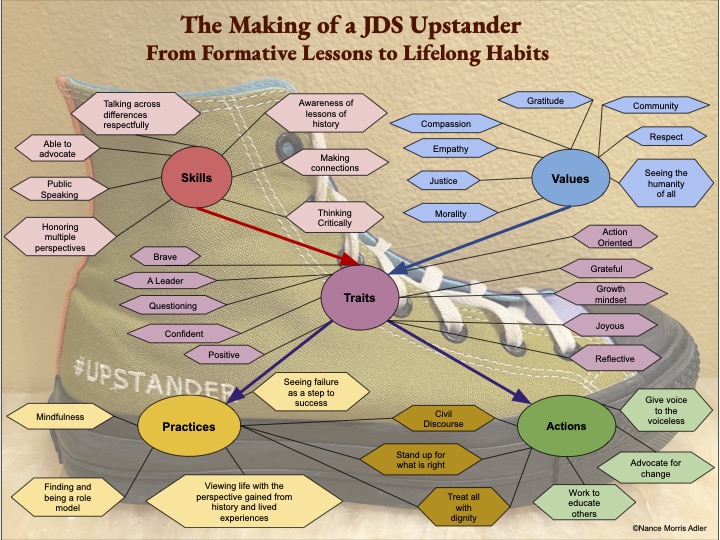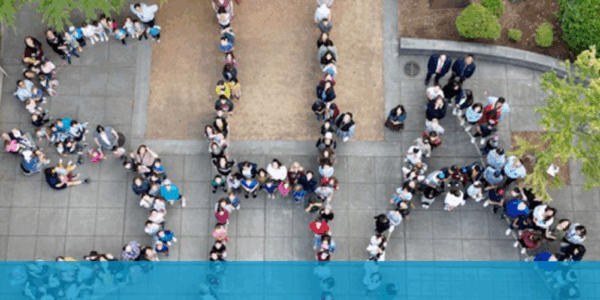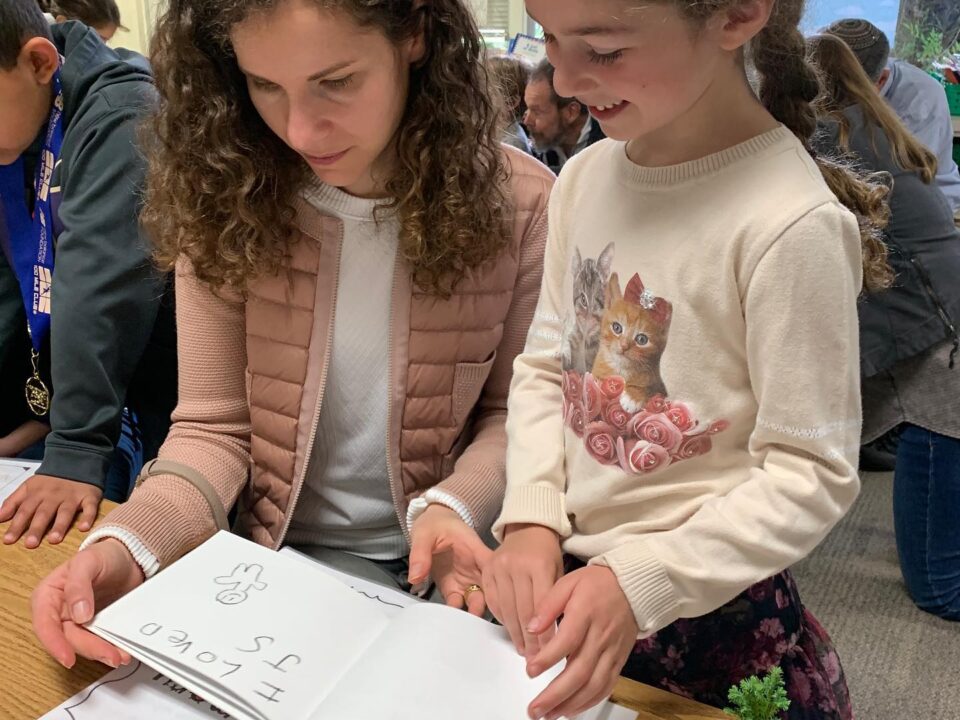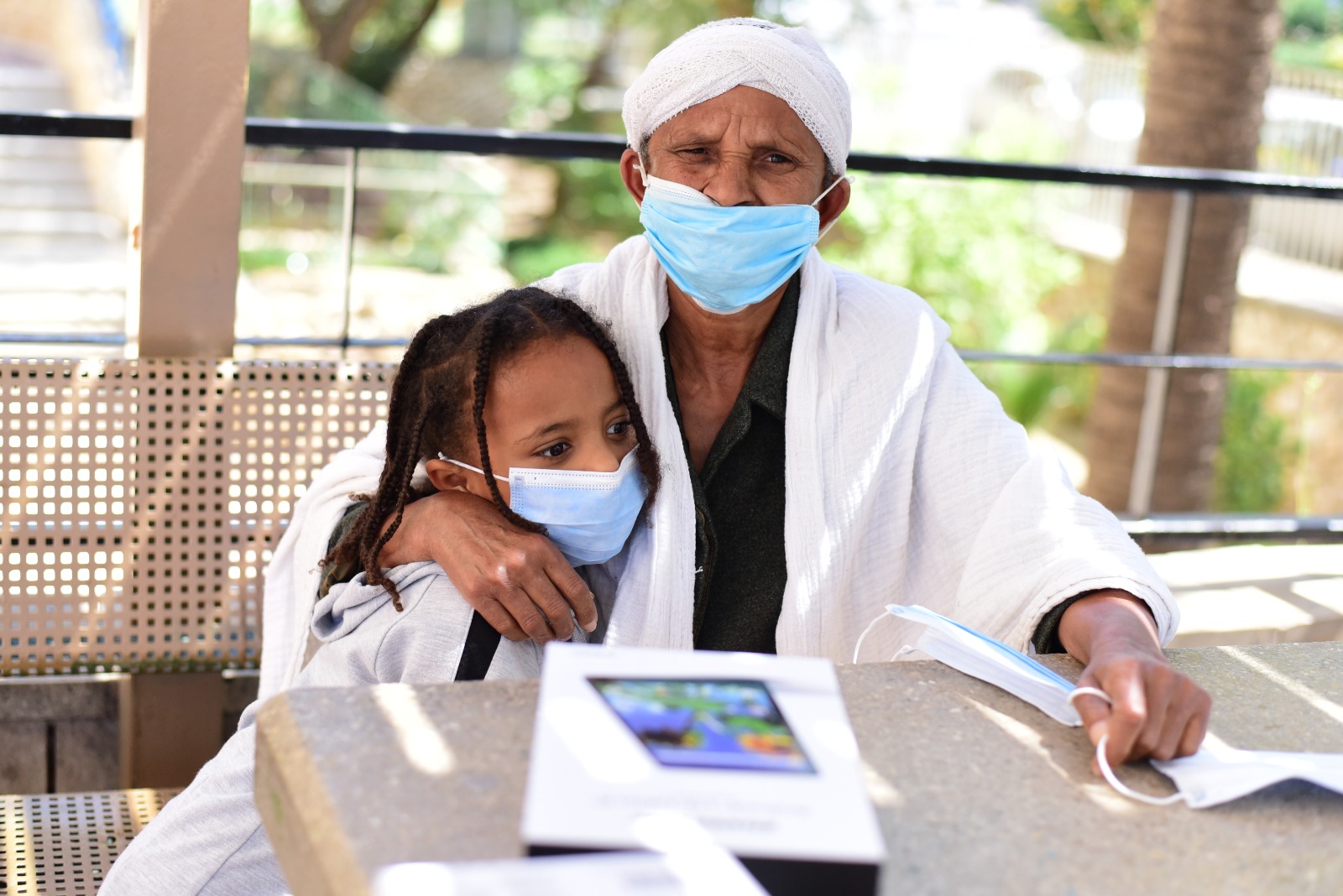
Samis Grants $768,000 in Response to COVID-19
November 6, 2020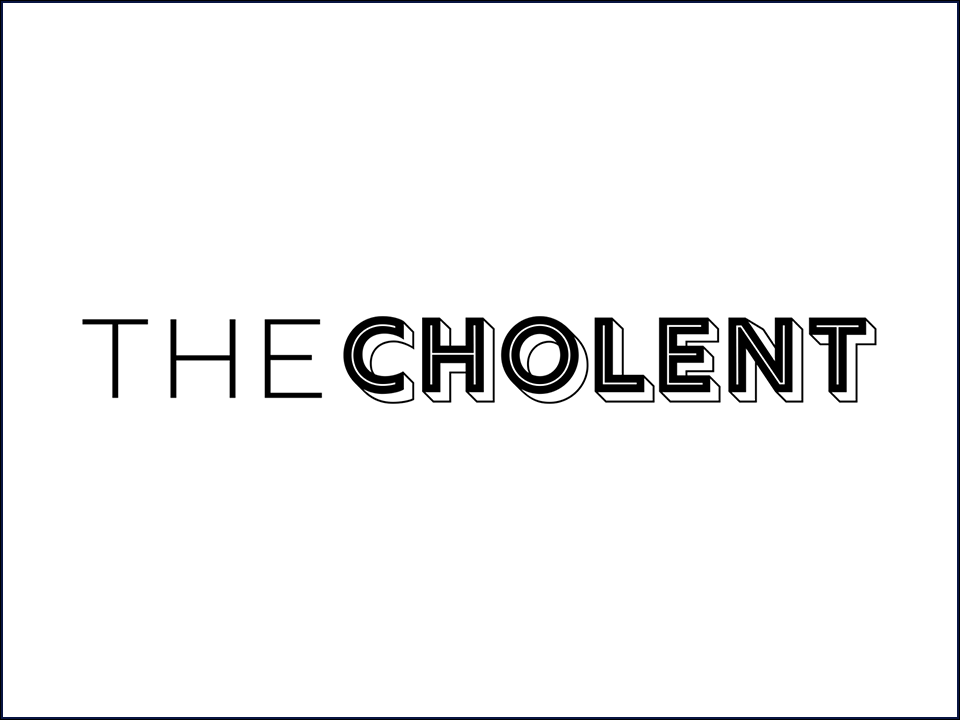
Winning It Together
January 29, 2021An Existential Crisis for Jewish Schools
By Melissa Rivkin & Ariel Lapson
It’s not easy to plan decades into the future when the moment we’re in demands so much attention. The crisis that COVID-19 presents for many Jewish day schools today demonstrates the unpredictability of the environment we operate in, and how vital long-term planning is when it comes to fulfilling the promise of Jewish education for future generations.
Most Jewish day schools build their yearly budgets around annual fundraising, grants, and tuition income. This works fine in a world of steady enrollment and an economically stable donor community. But this year the vulnerabilities of year-at-a-time funding have come into sharp focus. Many schools are scrambling for additional funds to radically restructure and meet the requirements of a pandemic-era education. At the same time, already negative national enrollment trends have accelerated as parents are making painful decisions about whether to take kids out of day school, choose a different private option, or save money with public school.
“Those with the long-term view will recall that the Great Depression resulted in what is known as a ‘lost generation’ of Jewishly educated children. Our goal is to avoid another lost generation due to the pandemic,” said Connie Kanter, CEO of the Samis Foundation. The Samis Foundation is the largest local funder of seven Seattle area day schools.
There’s something about crises that shake up the expected and the status quo. It’s a time when leaders realize you can’t put off planning for tomorrow until tomorrow. Crisis preparedness involves contingency planning, and resources to implement those contingencies. A well-funded endowment is the key to providing those resources.
Samis Vision Creates a Roadmap to the Future
On the eve of the 2008 financial crisis, the Samis Foundation saw potential peril in schools relying too heavily on short-term fundraising and the Foundation as a primary source of support. Leadership recognized an opportunity to play a key role in incentivizing Washington State grantees to build their own safety nets to weather the inevitable storms of the future.
The goal was to change schools’ thinking about fundraising, but not at the expense of effective annual giving campaigns. In fact, the infrastructure many schools have in place to raise money that support general operations could also be deployed to fill endowment coffers. So, in 2006 Samis designed The Endowment Challenge. It was a simple concept, but with profound long-term results.
Samis announced an opportunity for Seattle-area Jewish day schools to earn matching funds when they met specific endowment fundraising goals. Each school established its own goal – some of them engaging in long-term financial thinking for the first time. Then they began identifying supporters and having conversations about ways their most committed supporters could personally ensure a secure financial future through letters of intent, planned giving, and endowment gifts and bequests.
“Endowment planning is most often on the back-burner. Day Schools wind up putting all their efforts into making their annual operating budget,” said Kanter. “The Endowment Challenge gave them a reason to incorporate long-term planning into fundraising. It also helped to strengthen the development culture in the schools that participated. It’s a lesson in how important it is for Jewish schools to internalize a culture of philanthropy and long-term planning.”
In the end, none of the schools reached their endowment cash goals, but the program changed their thinking about the importance of future-focused fundraising and helped schools professionalize their development offices. It also meant learning new methods and educating volunteers on what to look for as they spoke to donors. The Samis program provided tiered incentives for progress toward endowment goals and development consultants at the school’s requests. As a result, many schools made a significant start in building their safety nets.
A Case Study in Patience and Discipline
For two Seattle-area day schools this shift in thinking recently delivered extraordinary results. In his will, long-time Seattle resident Jack Greenberg z”l, established a private foundation benefiting the Northwest Yeshiva High School and Seattle Hebrew Academy with the proceeds of his $13M estate, with 5% of the corpus to be split annually between the schools in perpetuity. While he did not contribute to each of the schools’ endowments per the challenge grant, the gift was born of conversations stemming from the program. Success like this did not emerge overnight. It was the result of years of engagement specifically on the impact of giving with an eye to the long-term and to fulfilling the philanthropic dreams of a loyal donor.
Jack Greenberg was known as a strong supporter of Jewish education. He began having conversations with school leadership about his legacy and wanted to ensure his philanthropy would have a lasting impact on Jewish youth, through supporting the two schools that he loved. Over time, discussions with Greenberg evolved into concrete plans for creating the JZ Greenberg Foundation, named in honor of Jack and his wife, Zeana, upon his death in 2018. The foundation was formed in 2019 to support the needs of his two selected schools. Little could anyone have known how grim the world of education would look just one year later. As a result of the Greenberg Foundation grant, this year the Northwest Yeshiva High School board voted to give each student a COVID relief $5,000 tuition grant regardless of need. The Seattle Hebrew Academy used the funds to support educational programs.
“Without an endowment or other rainy day funds, schools have an even greater burden of responding to growing needs and a smaller donor base to rely on,” said Louis Treiger, a volunteer board member of the JZ Greenberg Foundation and a past day school board president. “A school may be struggling to respond to new demands on learning, but they’ll suffer even more if they can’t help families whose resources are stressed by the economic fallout of the pandemic.”
This summer, amid the pandemic, two Seattle Jewish day schools received significant windfall bequests of over $250,000 stemming from the initial endowment challenge. The gifts will be used to support the schools in addressing emerging challenges and opportunities in the future.
In a crisis, long term financial planning builds nimble and resilient institutions, with the ability to cover unexpected expenses. Currently this means decreased enrollment, technology and materials for online education, teacher training, updated infrastructure for safety and social distancing, or support for students with unique needs.
The Samis Foundation Endowment Challenge created a mindset shift. Heads of schools, development directors and volunteers began thinking about the long-term and asking potential donors to think big right along with them.
What You Can Do
“This story proves that Jewish education doesn’t have to be the unfortunate casualty of this crisis – or the next one. It’s our responsibility to create a sustainable future for Jewish education in this generation and beyond,” said Kanter.
The takeaway for Jewish educators, development directors and philanthropists is this: It is always the right time to focus on planning for the future in fundraising, even amid a pandemic. That’s because it’s not a matter of if, but when, the next crisis will hit. We owe it to our donors to honor their wishes and legacy by ensuring their gifts have an enduring impact on the Jewish community. Philanthropists can support this goal by considering the potential results of their giving, building partnerships to leverage community resources, and creating targeted incentives, if needed, to change the thinking within organizations. Cultivating estate-based giving is a strategy that, like the olive tree, takes years to bear fruit, but when it does, schools can rely on its bounty.
The Samis Foundation was established in 1994 by Samuel Israel z”l and is the largest Jewish philanthropy in Washington State. Grantmaking is focused on the foundation’s mission of supporting local Jewish education and initiatives in Israel.
Melissa Rivkin is the Director of Day School Strategy and Ariel Lapson is the Program Officer for Experiential Jewish Education at the Samis Foundation in Seattle, Washington.
This article was originally published in ejewishphilanthropy on November 2, 2020.


